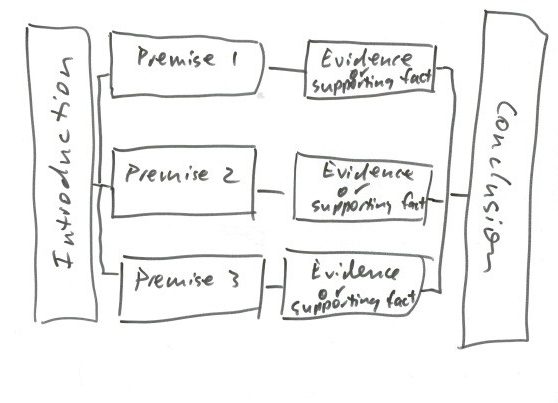Aristotle developed a theory of persuasive speech writing in 320 B.C. His theory is still used by master speech writers today.
You, too, can tap into Aristotle’s wisdom by using the three forms of ‘rhetoric’ he described. These were ethos, logos and pathos.
Ethos
Ethos means ‘character.’ If you’re speaking to people who value expertise, ethos is your key to success. Your ethos builds even before you walk on stage. For example, when your photo is included in promotional material, it starts to build ethos. Invest in a professional head shot if you present a lot. The way you’re introduced also impacts on your ethos. Don’t leave your introduction to chance – prepare an introductory spiel for the MC. Make sure this highlights your qualifications, achievements and current job title.
Logos
Logos means ‘persuading through reason.’ To convince people you have a sound argument, you need to use logos. That means structuring your presentation logically. The ancient Greeks believed a logical speech was one with “a beginning, middle and end.” The beginning of your speech gives an overview of your main argument. The middle section expands on each section of that argument. And the end draws a conclusion from the evidence you’ve presented. The flow of a logical argument looks like this:
Pathos
Pathos means ‘emotion.’ People remember points with emotional impact. So use stories, pictures and videos to make your message stick. For example, imagine you want to communicate the message “one in ten people suffer from depression at some point in their lives.” You could tell an emotional story of someone living with depression. Then you could point at the audience and say “and one in ten of you will live this story at some time.” Now everyone will remember your point.
Need advice on what to say? Ask Eleanor now. Send your question and we’ll answer it in a future blog post.
[convertkit form=5135167]

